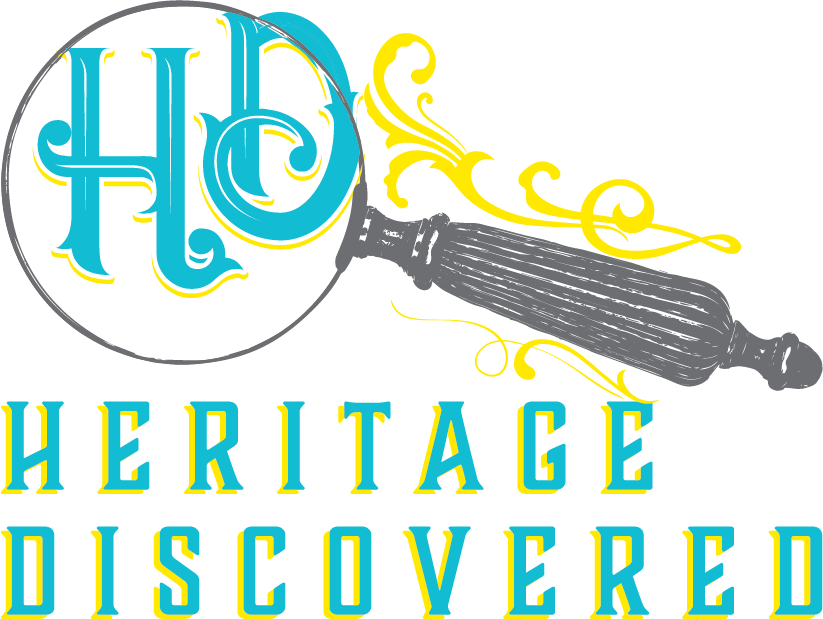6 Ways the Library of Congress Online Collections Can Help Your Genealogy
*This post may have affiliate links, which means I may receive commissions if you choose to purchase through links I provide (at no extra cost to you). All opinions remain my own.
You may know that The Library of Congress (LOC) is the largest library in the world. Its collection has millions of books, photos, maps, newspapers, recordings, and manuscripts.
But did you know that within these millions of items are rich and free genealogy resources?
Related post: How to use the Online Archive of California in Your Genealogy Research
Currier & Ives. Family Register. New York: Published by Currier & Ives. Photograph. Retrieved from the Library of Congress.
Library of Congress genealogy collections
The LOC has one of the largest genealogical collections in the US, with over 50,000 genealogies and 100,000 local histories. Highlights are the areas of North American, German, British Isles, and royalty and heraldry resources.
Along with the genealogies and local history books, the LOC has maps, pictures, newspapers, and other genealogical resources.
One resource with unique items is the vertical files [PDF link], which have items on families and locations around the country. These have genealogical charts, surname newsletters, files on specific families, and newspaper clippings. There are also materials on general genealogy topics like Finland Genealogy and Heraldry.
Related post: 11 Great Websites for Free Ship Passenger Lists
What you can find in the genealogy collections
Many of the LOC’s materials haven’t been digitized yet, but there are still plenty of items that have been.
What types of genealogy records and resources can you find online? And how can they help you?
1) Chronicling America: Historic American Newspapers, a digitized collection of papers from 1777-1963. Search for your ancestor and their family and find local news, obituaries, birth and wedding announcements, and so much more.
2) Books on local histories and genealogies. Search for a name and/or place in the catalog. Although the digitized copies aren’t always on the LOC, the book's catalog record will show you if you can find a copy somewhere else online. You may find that someone already published a tree for your family.
3) Maps. There are many digitized map collections at the LOC. A couple of standouts for genealogy are the Sanborn fire insurance maps and the cities and towns collection. See what the towns looked like at the time your ancestor lived somewhere. There are maps for places outside the US, too.
There are also land ownership maps. I found my 3x great grandmother’s house in Ludlow, Massachusetts, on one.
4) Manuscripts like family papers and organizational records. There may be records for a company your ancestor worked for. There could be papers from a prominent person where your family lived or a movement, so you can learn more about the time and the community. For example, if one of your female ancestors was in the Suffragette movement, there are papers for several suffragists.
5) A photography collection that can help you understand the times your family members were living in. There are photos of Japanese-Americans interned at Manzanar, for example.
6) Collection guides. There are also guides and bibliographies, on different topics to help point you in the right direction to resources. Although they’re geared toward research at the LOC, you can look for the books at a library near you.
There are guides on Danish immigration, French genealogy, female ancestors, Civil War Diaries, and more.
Journey into Your Past: African American Genealogy Resources has links to sources like military records and slave narratives.
Family record of blank / Chapman Bros. Lith. Chicago. Chicago: Chapman Bros., Apr. 20. Photograph. Retrieved from the Library of Congress, <www.loc.gov/item/2012647362/>.
Offline resources
There are also thousands of items that haven’t been digitized that you can use in person.
Onsite, they also give you access to databases like HeritageQuest, New England Ancestors, and ProQuest Historical Newspapers.
Can’t make it to Washington, D.C.?
You can’t check out the books in the genealogy collection, but the LoC has microfilmed many of them and you can order them through interlibrary loan.
The Library will also make photocopies for you for a fee.
Related post: Why You Should Use Libraries and Archives
How to search the Library of Congress
The LOC’s collections are searchable on their online catalog.
You can do keyword searches
by family name
by topic, like Sanborn maps
by place
by topic/family name and place, like passenger lists Pennsylvania
You can also browse by subjects, call number, or author.
When searching, try using Boolean operators: “ “, AND, OR.
Test out combinations of subject terms to get very specific results, like “passenger lists” AND Pennsylvania.
There’s also an advanced search option to narrow down results.
Their digital collections are also searchable and can be filtered by subject, division, and format.
Related post: How to Use the Digital Public Library of America for Genealogy
Final thoughts
The LOC is a great, underused resource for your genealogy research. They have digitized some of their fabulous collection and made the materials free to view online.






